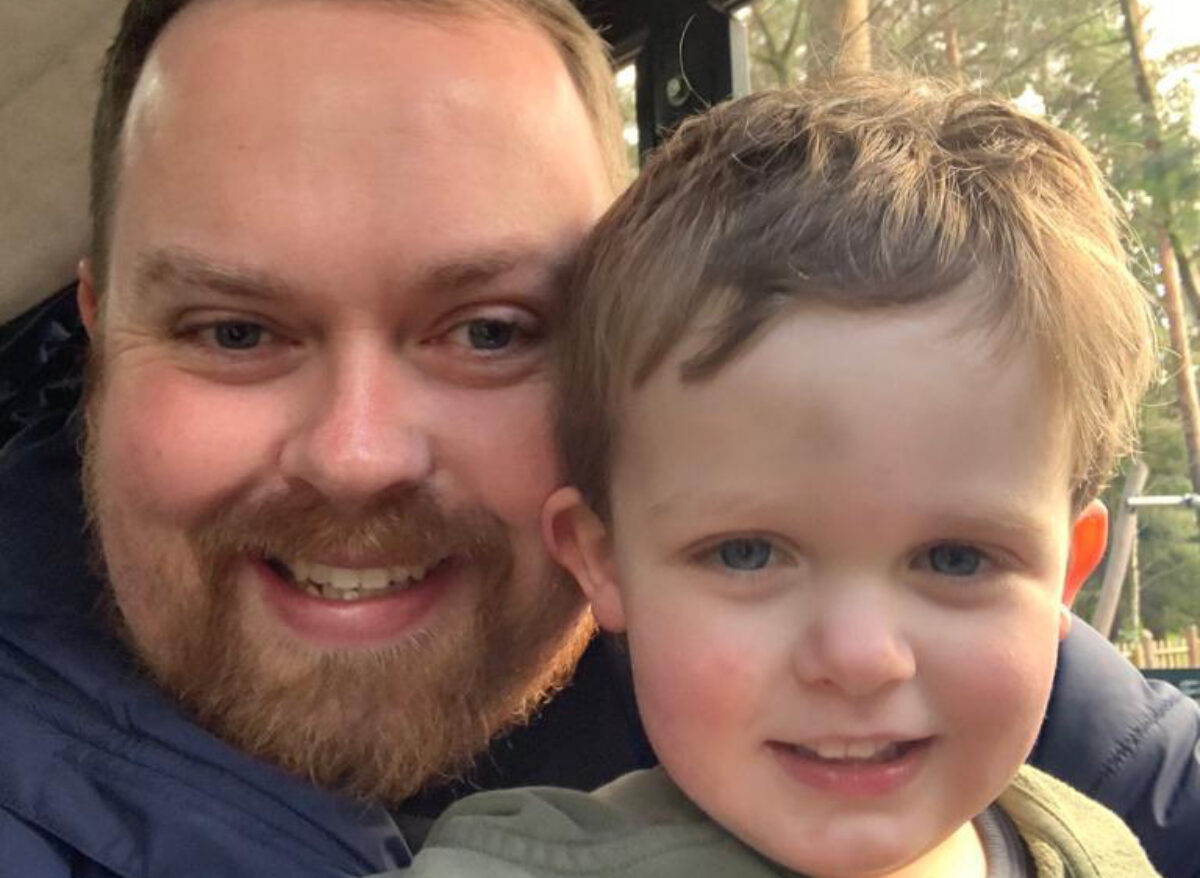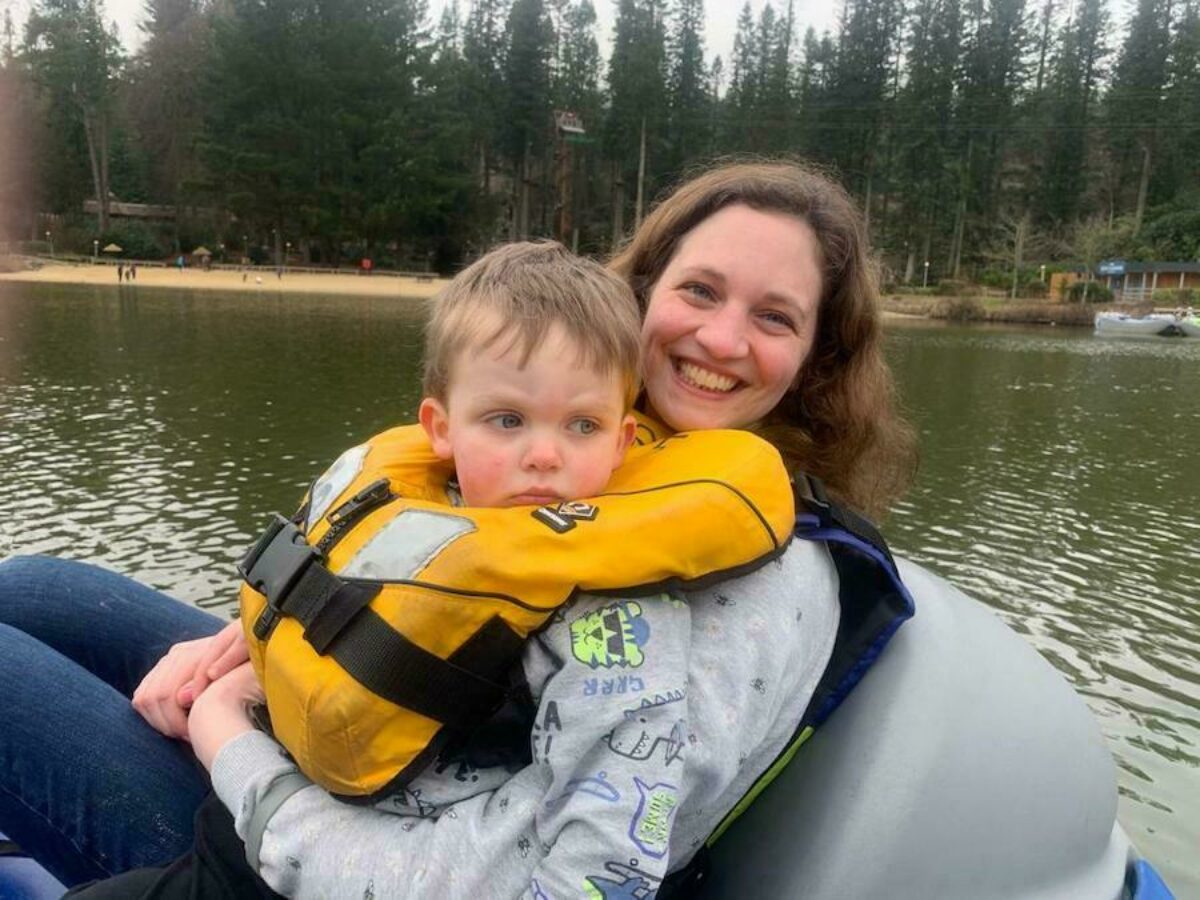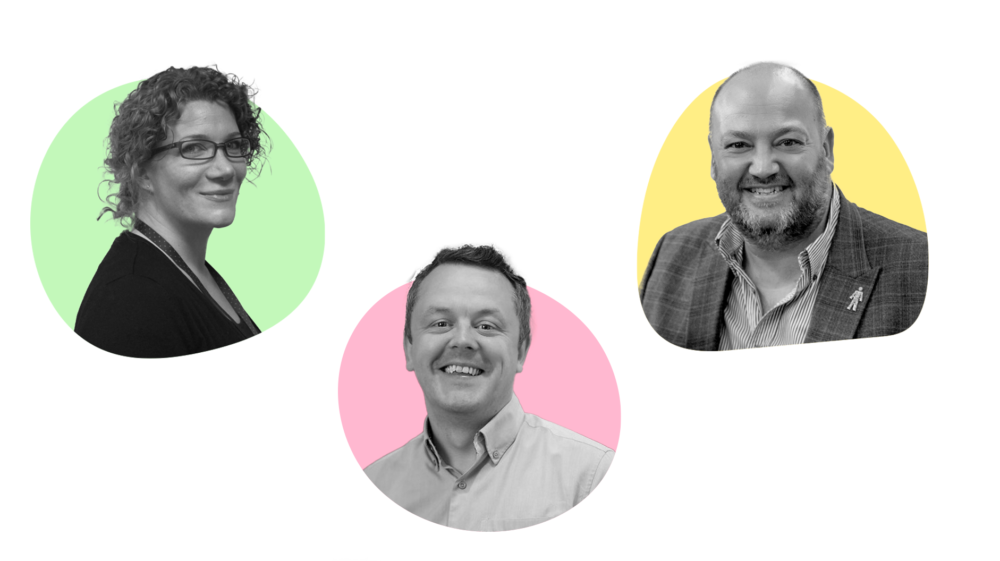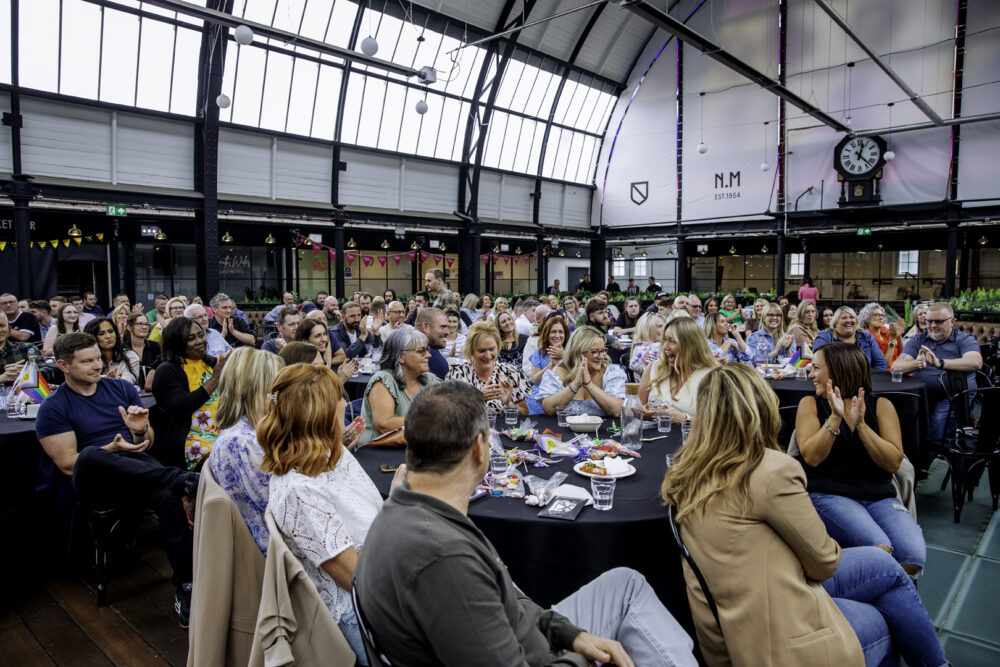Autism Acceptance Month
April is Autism Acceptance Month. The month exists to not only celebrate the positive contributions of autistic people to society, but to also get everyone thinking differently about how we can make society more accessible to autistic people and more accepting of neurological differences.
Written by Fiona
—19 Apr, 2023

Autism Acceptance Month serves many purposes:
- It is an opportunity to raise awareness about autism. There are still misconceptions about what autism is and the month gives people an opportunity to learn more about autism and autistic people.
- It is an opportunity to promote acceptance of autistic people. Many autistic people experience exclusion due to people’s lack of understanding about autism, so Autism Acceptance Month is a call to action for autistic allies to do more to include autistic people in society and in the workplace.
- It is an opportunity to celebrate autistic colleagues. Celebrating autistic role models can help promote acceptance of autistic people and increase the public’s understanding of their experiences.
What is Autism? A short film produced by the National Autistic Society
What is autism?
Autism spectrum disorder (ASD) is a developmental disability caused by differences in the brain. People with ASD often have problems with social communication and interaction, and restricted or repetitive behaviors or interests. People with ASD may also have different ways of learning, moving, or paying attention.
Autism is a lifelong developmental disability which affects how people communicate and interact with the world. More than one in 100 people are on the autism spectrum and there are around 700,000 autistic adults and children in the UK.
Will's story
Our staff member Will has kindly shared his family's story...
”My wife and I have two boys named Tomos and Patric aged 4½ and 2½. Tomos’ early childhood has been pretty typical and he’s doing well at our local bilingual school in Caerphilly. However, it has been a different experience with our Patric who was formally diagnosed with autistic spectrum disorder (ASD) in March. We wanted to share our story this Autism Acceptance Month to show the ups and downs of Patric’s autism journey and how through accessing and engaging the right support means he has a very bright future.
”Patric was born during the pandemic (August 2020) and at first everything progressed as expected. He was a typical baby and entered the toddler stage as expected. At about 15-18 months, we started to notice some changes and difference in Patric’s behaviour. Nothing dramatic, but he tended to avoid eye contact and, whilst he would tolerate social situations, he would tend to take himself away from people. Initially, we thought that maybe it was a sign of lack of socialisation during the pandemic, the lighthearted comment we and others often made was ‘oh well, he’s COVID baby’ as many children were set back developmentally by the pandemic.“

”However, as time went on, some of the tell-tale signs of ASD became clearer with Patric. He started to tip-toe, run up and down rooms and he still hadn’t started to speak. He was also playing with toys in a repetitive way: stacking cups, building brick towers and flicking through books for extended periods of time. Ordinarily, a health visitor would check in with a child at 27 months, but we asked our health visitor to see us early at 20 months. She did a general assessment of Patric and found he was behind in a few areas of his development, mostly in regards to communication and social skills.
”This led to what is called an ‘ISCAN’ referral where multiple agencies go through his notes and then make referrals to support he made need. He started short sessions at an assessment nursery and began play sessions designed to help Patric and us discover new strategies and styles of play. He has flourished through these interventions, increasing his styles of play (he still has his favourites though!) and improving his eye contact.
”Everyone working with Patric has been very diligent in observing him and his behaviours and all of this information was fed into our local consultant paediatrician. We met with him and although we were expecting he would eventually be diagnosed with ASD, we were surprised to have an immediate diagnosis. This was possible thanks to the support we have had from the local children’s services and good communication between agencies.”
Now with a formal diagnosis we feel so much more confident about him starting nursery in September at the same school as his brother. The consultant feels very positive that Patric will eventually decide to develop verbal communication and that he will be able to participate in mainstream education.
”All of this has taken a lot of learning and hard work, particularly from Patric’s mam who has attended every meeting, session and embraced every opportunity provided to us. This hard work has been rewarded with a quick diagnosis and clarity on the way forwards for us.
”We are very fortunate that Patric has had great support and that his prognosis is very positive. We know that not every parent will be in this situation. Meeting other children at Patric’s sessions has reinforced to us that no one child is the same and ASD can manifest itself in lots of different ways.
”We would encourage anyone with a child that you are concerned about to seek out advice and to always do everything possible within your power to engage fully with the support offered. It can be hard to fit in day-to-day life with extra meetings and sessions, but it truly pays dividends. I’ve seen first hand how encouraging different styles of play can improve social and communication skills and even the smallest interactions can be hugely rewarding.
”Patric is a smiley, energetic and easy going boy who loves getting out and about and exploring. He might have ASD, but it really doesn’t matter – he is just Patric at the end of the day. As he gets older he will discover new interests and these will, bit-by-bit encourage and develop his communication and social skills. He will follow his brother into bilingual education and give it his best shot – studies show bilingualism can be great even for kids with communication difficulties.
”I know I have painted a very rosy picture here, it has not always been easy. It has been a rollercoaster of emotions as we question the why, what, how of Patric’s condition. It takes time to reach a place of acceptance and talking about it to family, friends and professionals can only help with this. Some elements of behaviour can be difficult (we’re lucky as Patric is quite laid back) but as with any child, patience is key.
”We’re so excited to see how Patric gets on over the next few months leading to full time attendance at his nursery. We still have questions and worries for the future, but with the continued support of services, the school, work and family/friends we know it will all be fine in the end. I am blessed to have two beautiful little boys who bring a smile to my face every day.“

